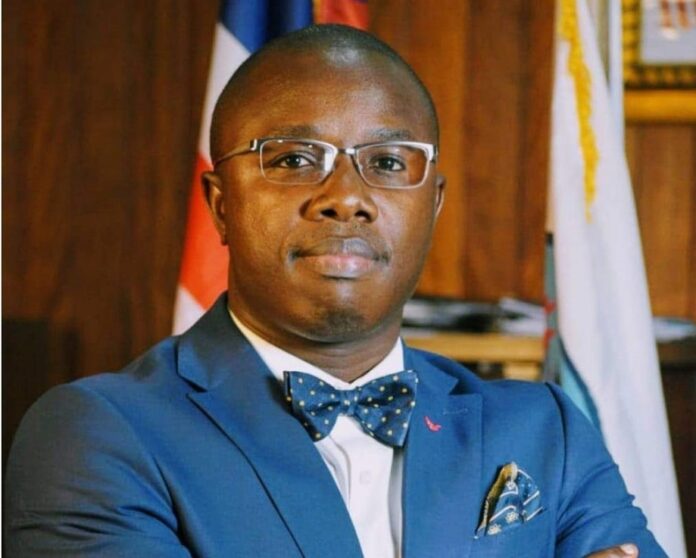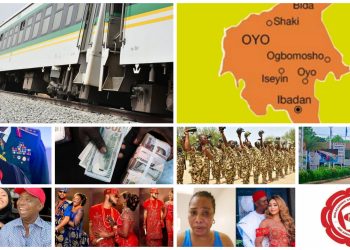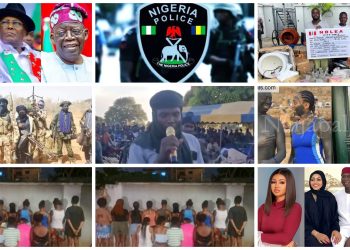Koijee argues that should the Government of Liberia fail to substantiate its long-standing charges against him, it must grant him a full acquittal. This manner of vexatious approach becomes a Vivacious example to show how with the ever-bristling political environment Koijee finds himself in trouble, with accusations of severe human rights manipulation, selective justice, and blatant abuse of institutions almost becoming a daily exercise.
According to Koijee, his charges are very much political. Sometimes, his challenge unearths disturbing perspectives surrounding governance in Liberia, where a call for institutional accountability is of utmost importance.
Thus sit down this question, about 22 human rights violations against the Boakai regime during its first year. One wonders, however, about the systemic hindrances that forestall any conceivable external topic, somehow regarding good governance, transparency, and the rule of law.
One of the more examples Koijee cites is the murder of Charloe Musu-an’s account which clearly brings out the principles and inconsistencies of the very system he clamours for justice under. Doubting the independence of the judiciary in so serious a matter, he speaks about the arrest of former Chief Justice Gloria Musu Scott and the fact that her release and subsequent appointment to a government position seriously compounds the uneasiness.
Koijee believes that state instruments are being used by the incumbent regime to chase perceived political enemies while aiding criminals to escape prosecution. This very essence is a matter for democratic governance, hence, exhibiting a systematic undermining of the integrity of the institution.
Nevertheless, this ambiguous sensation in big political narratives somehow crystallizes into a feature of accusations and counter-accusations in the political sphere of Liberia, where Information Minister Jerolinmek Piah counter-accused the previous CDC-led government of human rights violations and abuse of state resources.
Koijee’s relentless calls for accountability present a starkly painful reality about democracy: that no one, exalted or mortal, bond or free, irrespective of whatever status there is the status of a human being, that is, whether one would join the cadre of odd fellows or anti-social dissidents-will be considered above the law.
In the next few days, therefore, the meaning of this with regard to the presidency of Boakai will manifest in strange ways, as its very survival in what may be contrived to call existence will depend on the handling of these allegations and the extent to which the government can accurately abbreviate issues related to democratic principles of transparency, accountability, and equal justice for all.
Koijee’s challenge, therefore, almost beyond his own desire for vindication, becomes a challenge to an effectively functioning system of justice for the maintenance of the rights of all Liberians according to the rule of law, which knows no business with politically erected hurdles or intimidation.





